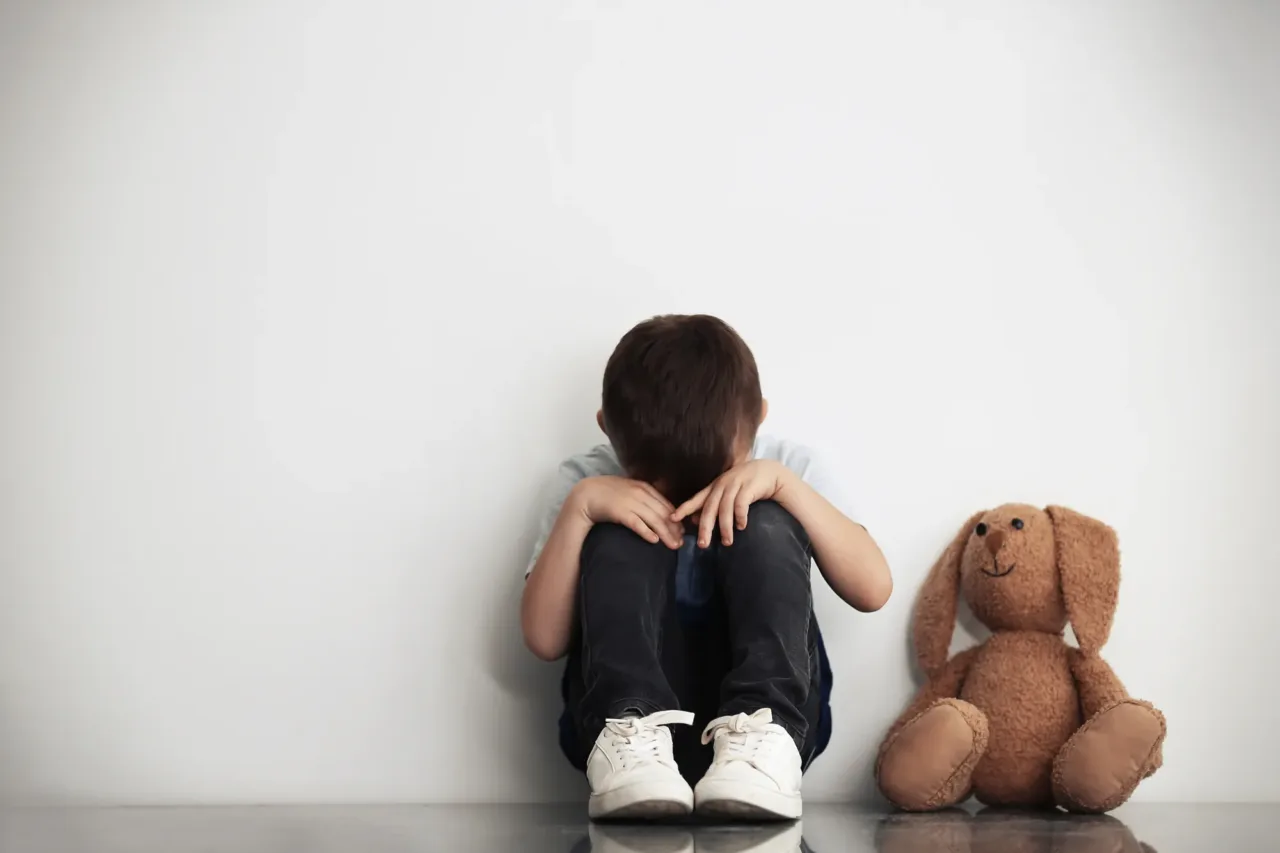Grief is an overwhelming emotion for anyone, but it can be especially difficult for children to process. Children may not have the language or emotional awareness to express what they are feeling when they lose someone close to them. They may act out, withdraw, or experience emotional turmoil without fully understanding why. In these situations, traditional talk therapy may not be the best approach, as young children often struggle to put their emotions into words.
This is where play therapy becomes an invaluable tool. By using play, children are given a safe and supportive environment to express their grief in ways that feel natural to them. Through play therapy, children can process their emotions, express their feelings, and begin the journey toward healing.
Understanding Play Therapy
Play therapy is a therapeutic approach designed for children that uses toys, games, and creative activities as a medium for expression. For children who are not able to verbalize their thoughts and emotions, play becomes their language. This form of therapy allows children to communicate their inner feelings, thoughts, and experiences through activities they enjoy.
In play therapy, a licensed therapist guides the session, helping the child use play to explore their emotions. The therapist observes how the child plays, identifying themes and patterns that may reflect the child’s emotional state. This allows the therapist to support the child in processing complex emotions, such as grief, in a way that is comforting and engaging.
Why Grief is Different for Children
Grief can manifest in children in many ways, and their understanding of loss is often different from that of adults. Depending on their age, children may not fully comprehend the permanence of death. They may believe that the person who passed away will return or that the loss is temporary. Additionally, children often lack the emotional vocabulary to articulate their feelings, which can lead to confusion, frustration, and behavioral changes.
Children may display a range of emotions when dealing with grief, including:
- Sadness
- Anger or irritability
- Confusion
- Anxiety or fear
- Withdrawal or isolation
Sometimes, these feelings come out in physical ways, like difficulty sleeping, changes in appetite, or regression in behaviors like bedwetting. Play therapy helps children manage these emotional and physical reactions by offering them an outlet to express their grief without needing to rely solely on words.
How Play Therapy Helps Children Cope with Grief
Play therapy offers a number of benefits for children who are grieving. It creates a safe, non-judgmental space where children can express their emotions through play and begin to process their loss in ways they are comfortable with. Here are some of the specific ways play therapy helps children cope with grief:
- Expressing Emotions Safely
Grief can be a confusing and overwhelming emotion for children. They may not understand why they feel the way they do, and they may not feel comfortable expressing their sadness or anger. Play therapy allows children to express these emotions in a safe environment.
Whether through drawing, storytelling, or role-playing, children can explore their feelings of sadness, anger, and confusion. The therapist helps guide this expression, creating a space where the child feels heard and understood without needing to verbally articulate their pain. - Understanding and Processing the Loss
Through play, children can begin to make sense of the loss they’ve experienced. A child might use dolls, stuffed animals, or action figures to reenact scenarios that reflect their real-life experiences. These reenactments allow the child to process the concept of loss, whether it’s saying goodbye to a toy figure representing a loved one or creating a scenario where they cope with separation.
The therapist can observe this play and help the child gently confront the reality of their loss, assisting them in processing what has happened in a developmentally appropriate way. - Developing Coping Strategies
One of the goals of play therapy is to help children build healthy coping mechanisms for dealing with their grief. Through guided play, the therapist can introduce games or activities that encourage the child to find ways to manage difficult emotions like sadness, fear, and anger. This could include role-playing scenarios where a child practices asking for help, or using drawing to express feelings that are too big to say out loud.
By giving children tools to cope, play therapy empowers them to navigate their grief with less fear and confusion. These coping strategies help children not only in their immediate grief but also in building emotional resilience for future challenges. - Building Emotional Awareness
Young children may not always have the words to explain what they are feeling, but they can show their emotions through play. In play therapy, children learn to identify and label their emotions. For example, a child might role-play a situation where a doll feels “sad” or “angry.” The therapist can then help the child recognize these emotions within themselves.
This process of building emotional awareness is crucial because it allows children to better understand their own feelings. When they can identify their emotions, they are better equipped to manage them. - Fostering Connection and Support
Grief can be an isolating experience for children, particularly if they feel misunderstood by the adults around them. Play therapy allows the child to build a trusting relationship with the therapist, creating a sense of connection and emotional support. In this space, the child doesn’t feel alone in their grief, and they can express their emotions in a way that feels safe.
The therapist’s role is to provide emotional support, guiding the child through their grief journey without judgment. This can be a significant relief for children, especially when they are dealing with the intense feelings that accompany loss.
The Role of Parents in Play Therapy
While play therapy provides children with a safe space to process their grief, parents play an essential role in supporting their child’s healing. Parents can help reinforce the lessons learned in therapy by providing a supportive and understanding environment at home.
Therapists often work closely with parents to ensure they understand how their child is coping with grief. Parents may be encouraged to continue play-based activities at home, allowing the child to express their emotions outside of therapy sessions. This collaboration between therapist and parents ensures that the child receives consistent emotional support throughout their grieving process.
When to Consider Play Therapy for Grieving Children
It’s not always easy for parents to know when their child needs extra support during a time of grief. Some children may display clear signs of distress, while others may withdraw or act out in less obvious ways. Here are some signs that play therapy might be beneficial for a grieving child:
- Persistent sadness or withdrawal
- Difficulty sleeping or changes in appetite
- Irritability or anger that seems out of character
- Regression in behaviors (like bedwetting or clinginess)
- A lack of interest in activities they used to enjoy
If you notice any of these signs, play therapy could provide the support your child needs to process their emotions and begin healing.
At Monarch Counseling, our therapists specialize in helping children navigate grief through play therapy. We offer a safe and supportive environment where children can express their emotions and develop healthy coping strategies. If you think your child might benefit from play therapy, we encourage you to reach out and learn more about how we can help.
Grief is a complex and challenging emotion for children to understand and process, but play therapy offers a compassionate and effective way to help them cope. By using play as a medium for expression, children are given the opportunity to process their loss, express their emotions, and begin healing in a way that feels natural to them.
If your child is struggling with grief, play therapy could provide the emotional support they need to navigate their feelings and move forward. At Monarch Counseling, our therapists are here to guide your child through the healing process with care and expertise.

